Carin Andersson

Project time: 2015 – 2017
Budget: 5 730 000 kronor
Funding: SIP Produktion2030
Increased sustainability and cost effectiveness through improved strategic decision-making in production issues based on new metrics system for production and development.
Virtually every company have implemented some kind of Business Performance Measurement System (BPMS) with the purpose of monitoring production and business performance and to execute business and corporate strategy at all levels in a company. As sustainability has become a focus area, new frameworks and measures have been introduced. There are however shortcomings in today’s industrial practice regarding BPMS such as:
The aim of the proposed project is to address these shortcomings in close collaboration within the project consortium, consisting of 3 universities, one research institute, 5 manufacturing companies and two consultancy firms. The industrial project partners are recruited to form a broad constellation regarding size, products, role and motivation for participating in the project. The project goals are to:
The objective is to increase efficiency and measurability in corporate management and production strategies integrating sustainability. This will in turn lead to reduced cost, increased resource efficiency and transparency in forthcoming decisions based on new principles and support.
2014 – 2016
2014 – 2017
2014 – 2017

2017 – 2018
2016 – 2017
Reduced lead times and improved performance for tooling through innovative manufacturing and assembly strategies as well as optimised design enabled by use of additive manufacturing (AM).
2016 – 2018
2015 – 2015
2015 – 2016
2017 – 2018
2015 – 2016
2017 – 2018
Tooling constitutes a significant part in the economical investment of the hot stamping process. Significant benefits in production economy and environmental benefits can be attained by improving the tribological performance in hot forming operations of automotive components. The main idea of this project is to create tailored tool surfaces on dies made from cheaper and easier to manufacture tool steel for the hot stamping of ultra-high strength steels.
2015 – 2018
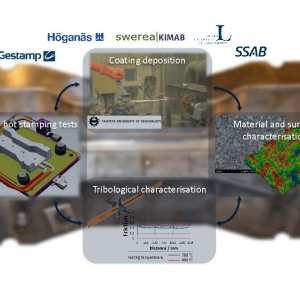
2016 – 2018
2015 – 2017
2016 – 2016
2017 – 2018
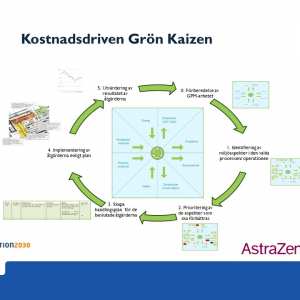
2015 – 2016
SeeCut focuses on cost-efficient production systems for secure collection, analysis, visualization, storage and sharing of production data. The project addresses the integration of new signals and sensors. For advanced products, like jet engine components, collecting data during manufacturing and usage is essential for quality assurance and remanufacturing. The project goals are to identify key technical requirements related to production data for use in digitalized value chains, define means to ease the run-time integration of new signals and data streams from manufacturing machinery and sensors, and define how to securely and cost-efficiently share data through the value chains in circular production.
2019 – 2019
2014 – 2017
2017 – 2018
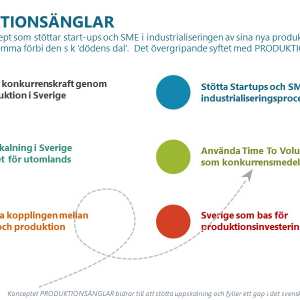
2013 – 2017
2017 – 2018
2015 – 2016
2017 – 2021
Development of a thermo-chemical test bed and implemenation of results for chosen processes and applications
2019 – 2022
2017 – 2018
2015 – 2016
2015 – 2018
2017 – 2020
2014 – 2017
2015 – 2016
2017 – 2018
RemProLife aims at improving the use of life-cycle information to achieve more efficient remanufacturing from economic and ecological perpectives.
2013 – 2016
The SAPPA project is about innovative cloud-based predictive and preventive maintenance systems, improving availability of products and production systems.
2014 – 2016
2016 – 2017
2016 – 2019
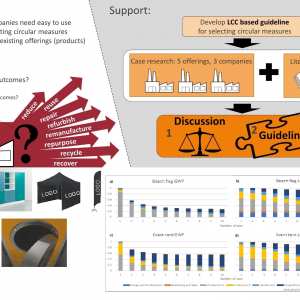
2016 – 2016
2017 – 2019
2015 – 2016
2014 – 2017
2015 – 2016
2017 – 2020
The project focuses on economic and environmental sustainability and increased industrial competitiveness.
2017 – 2018
2014 – 2014
With globalization and other megatrends as demographic changes and climate change, more knowledge is needed regarding production in an international perspective. PADOK Study Visit in India 2016 have given an increased knowledge regarding how production is conducted in India, some of the challenges producing companies in that region is facing and how Swedish companies interested in investing in production in India could act to establish themselves in the region.
2016 – 2016
2016 – 2016
2015 – 2015
2015 – 2016
2014 – 2017
2016 – 2016
Every manufacturing company measure and control production performance with a system of KPIs. The aim of the SMART-PM project is to investigate and demonstrate new ways of collecting data, transforming data to information and introducing new decision tools based on valid information and economic models of the production systems.
2018 – 2020
2013 – 2016
2015 – 2016
2016 – 2018
2017 – 2018
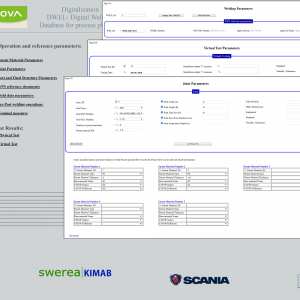
2015 – 2016
2013 – 2017
2014 – 2018
2013 – 2016
